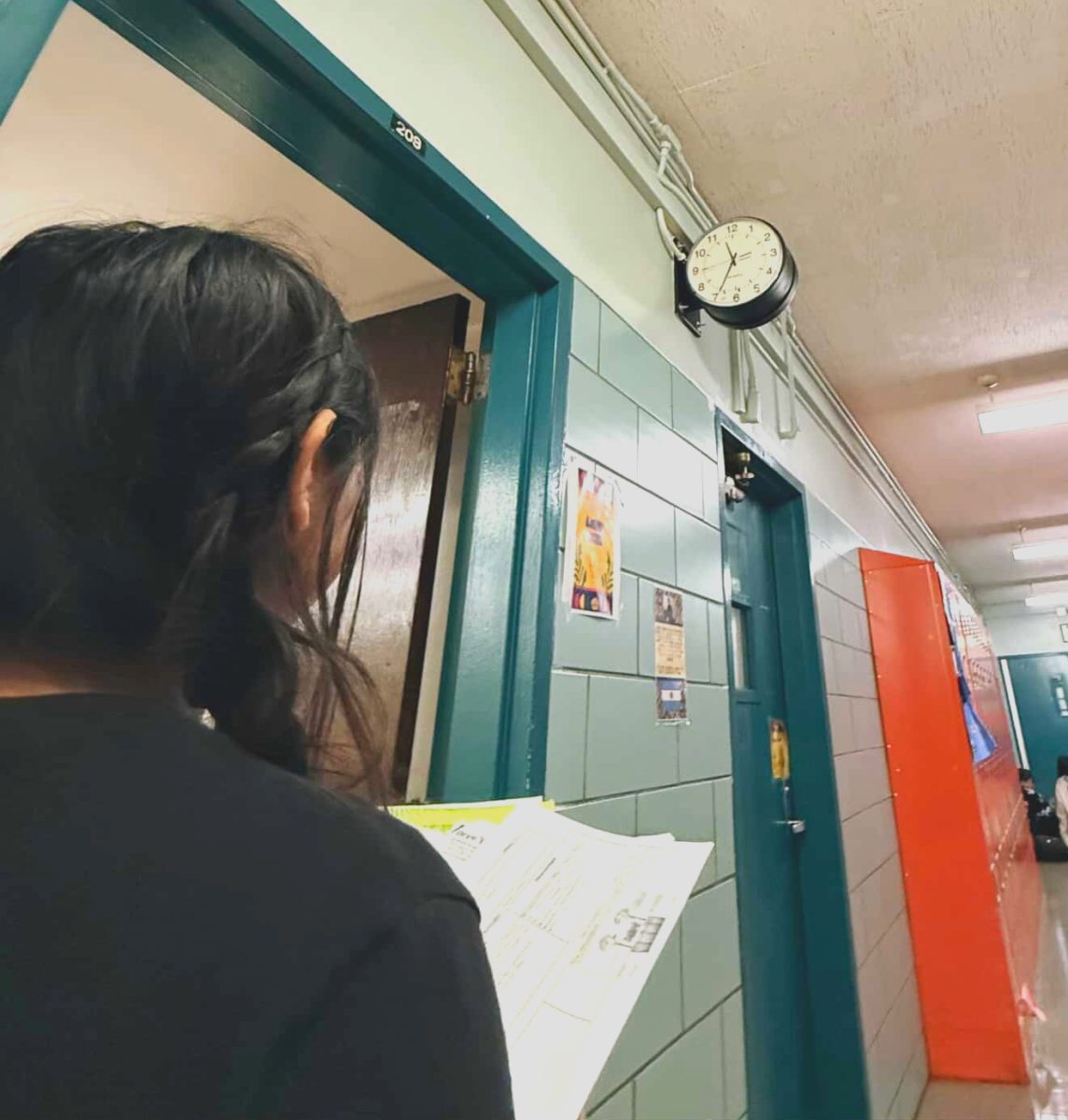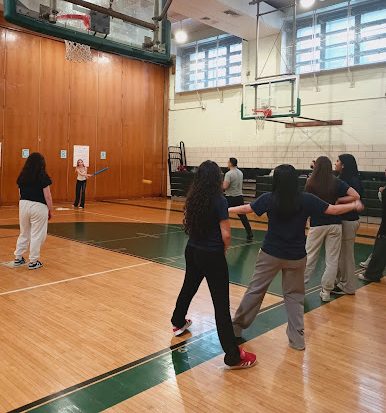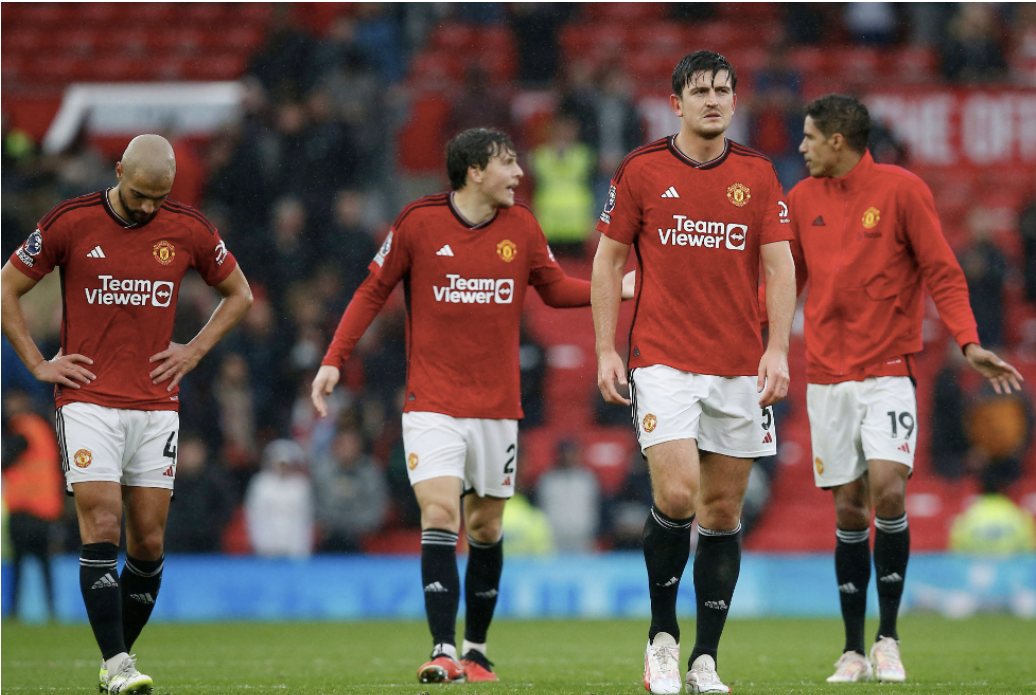The VAR system is a system that, ever since its introduction into soccer, has been riddled with controversy. The system is run by the VAR team, who watch the game and get involved when necessary.
The primary intention of VAR is to catch errors that the on-field referee may make during a game or correct decisions by advising the referee. However, so far in this Premier League season, there have been multiple times where VAR has made a wrong decision or delayed the game unnecessarily. This is quite ironic given the philosophy for VAR being “minimum interference maximum benefit,” which has not been followed.
The Introduction of VAR
The concept of VAR came about in the early 2010s and was first tested in mock trials during the 2012/13 season of the Eredivisie. It was then approved by the International Football Association Board in 2016 after former president Sepp Blatter was arrested and ousted from his position in 2015.
Blatter was highly opposed to implementing new technology in the soccer scene, and this showed in his reluctance to implement the goal line technology system in the 2010 World Cup, which resulted in several refereeing errors that could have been avoided.
However, with Blatter gone and his successor, Giovanni Infantino, being highly open to new technology, VAR implementation would progress as further trials began in club friendlies and international friendlies. The friendlies would go smoothly so VAR was tested in a professional match in September 2016. This went less smoothly, as the match happened before the official FIFA rule changes, which confused the fans and players in the stadium when VAR had to get involved to make a decision.
Despite this, VAR would be introduced into the A-League in Australia a few months later, in April 2017, marking that as the first time a league had used VAR.
After this initial game, many leagues and competitions around the world introduced VAR, including the World Cup. The 2022 World Cup saw a significant upgrade in VAR offside technology.
VAR in the Premier League
The VAR system was introduced into the Premier League in the 19/20 season, and since then, there have been 13 apologies to disappointed teams after VAR made an incorrect decision. This is a low number and marks out to about 2.9 apologies a season, but the number should be 0 if the VAR system had operated the way it should.
So far in the 23/24 season we have seen one of the worst VAR decisions in recent times in the Premier League. This happened in a big game between Liverpool and Tottenham where Liverpool player Luis Diaz was given the ball in an onside position and then scored from it. However, the on-field officials deemed Diaz offside, and VAR checked it and found it was a goal.
During the same game, there was also a controversial straight red card to Liverpool player Curtis Jones. Jones had initially received a yellow, but VAR ruled a debatable red card. The game would end with Tottenham being the victors, winning 2-1.
The Professional Game Match Officials Limited (PGMOL) apologized for this incident, but Liverpool manager Jürgen Klopp was unsatisfied and called for a replay. PGMOL also released the audio during the incident, which showed the VAR’s errors, hoping to ease the cries of angered fans.
However, this move only made matters worse. The officials’ punishment for this was only a one-match week suspension, with them being back the following match.
There have also been other incidents this season where VAR has wrongfully overturned penalties and given penalties, such as in the Sheffield United v. Wolves game. Sheffield got a last-minute penalty, which they scored and subsequently won 2-1.
VAR has also eaten into a lot of game time this season, most notably in the recent Tottenham vs Chelsea game. Over the entire game span, VAR disallowed a whopping five goals, gave a player a red card, and gave a penalty, resulting in a lot of added time.
Despite PGMOL saying they will improve after every mistake, it all falls on deaf ears as later on this season; there will likely be another majorly controversial incident involving VAR.
If the Premier League wants to improve VAR, they have to show the improvement by implementing the new offside technology and better training. However, if they do not do this, VAR will continue to be the subject of controversy for many years to come.





























fionndaley • Nov 15, 2023 at 3:18 pm
Love this article. Brings some real light to this issue. VAR doesn’t help anything and there isn’t anything wrong with a ref decision, VAR just makes everything worse.
fionndaley • Nov 15, 2023 at 3:18 pm
Love this article. Brings some real light to this issue. VAR doesn’t help anything and there isn’t anything wrong with a ref decision, VAR just makes everything worse.